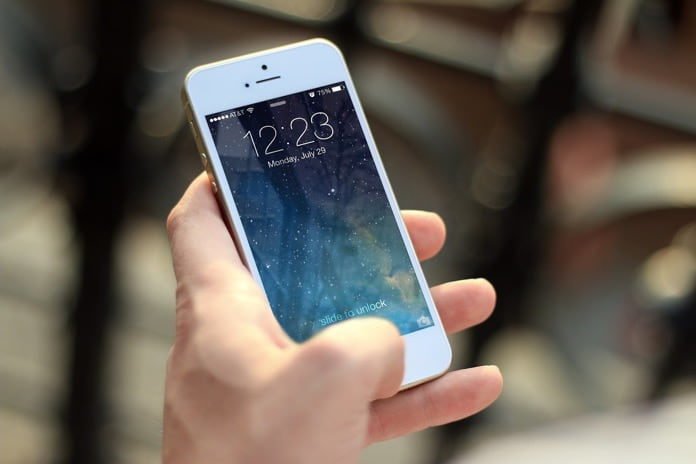A recently published article in BMC Cardiovascular Disorders has shown a role for mobile health delivery in preventing heart disease.
Cardiovascular diseases are still the number one cause of death and disability across the world as well as the largest target of healthcare expenditure in most countries. Preventing heart disease is of utmost importance. Prevention is the most effective strategy to reduce the burden of cardiovascular disease. Primary prevention includes all measures to maintain health and avoid cardiac events. Secondary prevention refers to steps that are taken after a cardiac event that aims to restore health and prevent future complications.
Among various secondary prevention measures, cardiac rehabilitation is one of the most evidence supported preventive measures for cardiac diseases like myocardial infarction, heart failure, atrial fibrillation, and peripheral vascular diseases.
What is cardiac rehabilitation?
Cardiac rehabilitation, which is a coordinated multidimensional evidence-based strategy, aims to assist the patients to return to their active state and prevents cardiovascular events from reoccurring.
Although cardiac rehabilitation has proven to be effective, research shows that attendance at cardiac rehabilitation sessions is not satisfying, leading to a poor attendance. The rate of attendance at cardiac rehabilitation centers in rural areas is even less than in urban areas, resulting in poorer outcomes of cardiovascular diseases in these areas.
Information and communication technology has impacted healthcare delivery as well as many other aspects of healthcare. Mobile health delivery is a novel way of delivering cardiac rehabilitation using smartphones. A recent article studied the evidence around the mobile health delivery on cardiac rehabilitation outcomes. For conducting this systematic review, researchers in Australia comprehensively searched medical databases for related studies from 2000 to 2016. Their searches yielded nine articles on this topic. The results were recently published in the BMC Cardiovascular Disorders.
Smartphones may be a feasible option for preventing heart disease
The results show that mobile health delivery using smartphones preventing heart disease through cardiac rehabilitation and heart failure management is feasible with high rates of participant engagement, acceptance, usage, and adherence. In addition to feasibility, mobile health delivery is effective and comparable to traditional center-based health delivery methods.
The authors conclude that mobile health delivery methods have the potential to complement the traditional cardiac rehabilitation. They believe that more research is required to ensure the feasibility of mobile health programs into medical practice in rural or remote areas. The higher proportion of Indigenous people in remote areas indicates that attention may be required to ensure that the programs are culturally appropriate. Although more research is required, the authors feel confident that smartphone applications will soon become an important part of health care for those interested in preventing heart disease.
Written by Nima Makhdami, M.D.
Reference: Hamilton, S. J., Mills, B., Birch, E. M., & Thompson, S. C. (2018). Smartphones in the secondary prevention of cardiovascular disease: a systematic review. BMC Cardiovascular Disorders, 18(1), 25.



